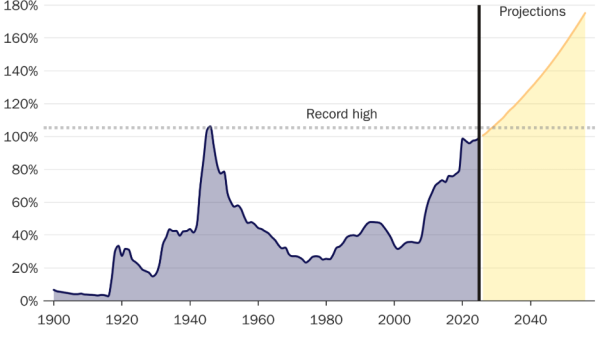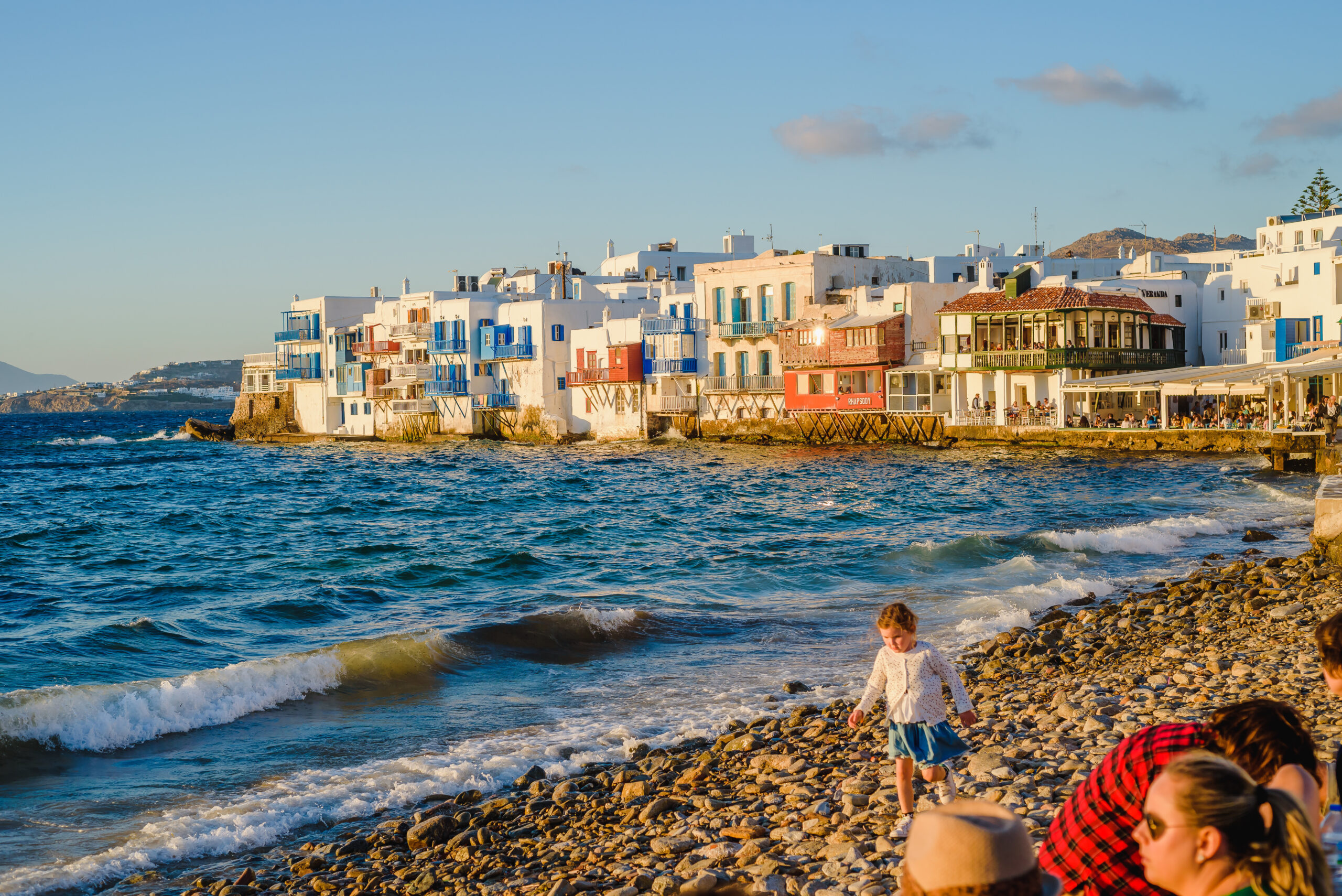In recent months, Türkiye has experienced a dramatic surge in inflation, reaching an alarming 75.4% in May.
This steep rise, primarily driven by soaring costs in hotels, cafes, and restaurants, has made domestic travel increasingly unaffordable for many Turkish citizens.
As a result, an increasing number of Turkish tourists are now opting for international travel, particularly to neighboring Greece, where travel expenses are relatively lower.
Escalating domestic travel costs
The significant rise in inflation in Türkiye can be traced back to last year when the government implemented measures to suppress foreign currency.
These steps have led to the overvaluation of the Turkish lira in an inflationary environment, causing domestic travel prices to soar. Kıvanç Meriç, Chairman of the Izmir Regional Representative Board of the Association of Turkish Travel Agencies (TÜRSAB), explains that it has become more economical for Turkish citizens to travel abroad than to vacation within the country.
Meriç highlights that the high costs are not due to hoteliers raising prices for higher profits but are a result of increased operational expenses.
This inflationary pressure has also negatively impacted Türkiye’s ability to attract foreign tourists.
Once a leading destination in Europe, especially in the Mediterranean region, Türkiye has lost its edge due to the current price disadvantage.
Decline in hotel occupancy rates
Türkiye’s main holiday resorts, which traditionally see high occupancy rates during the peak months of July and August, have experienced a notable decline in hotel bookings this year.
Popular destinations along the Aegean and Mediterranean coasts, which typically boast 90 to 95% occupancy rates, are struggling to achieve even 80% occupancy.
The Turkish tourism sector heavily relies on the high season, from mid-June to mid-September, to generate revenue.
Shoulder seasons like April, May, September, and October do not contribute significantly to the sector’s earnings. Despite being in the middle of July, many hotels have yet to reach their desired occupancy levels.
Rising costs for cultural and archaeological tourism
In addition to high hotel prices, the cost of entry tickets to archaeological sites managed by the Ministry of Culture and Tourism has also seen a significant increase.
Entrance fees for these sites are calculated in euros, further exacerbating the cost for domestic tourists.
For instance, entry to the ancient city of Ephesus, which used to cost €15, now costs €40.
This increase in entry fees has had a detrimental impact on cultural tourism in Türkiye.
Travellers, especially those from distant regions, are now opting for alternative destinations such as Egypt.
This shift has led to a decline in the number of tourists participating in cultural tours within Türkiye.
Greece and the Balkans as preferred destinations
With domestic travel costs rising, Turkish tourists are increasingly looking towards Greece and Balkan countries as more affordable alternatives.
The Greek island of Samos, located just 1.6 kilometers from the Turkish coast, has become particularly popular among Turkish travelers.
Last year, around 35,000 to 40,000 Turkish tourists visited Samos, but this year the number is expected to reach between 100,000 and 150,000.
Similarly, the island of Lesbos, known for its historical significance and beautiful beaches, has also seen a surge in Turkish tourists. The island was especially busy during Türkiye’s recent three-day weekend, with long queues forming at the border.
New visa scheme facilitates travel to Greek islands
One of the key factors driving the increase in Turkish tourists to Greece is a new visa scheme introduced in April.
This scheme allows Turkish passport holders to visit 10 Greek islands for up to a week without needing a full Schengen visa.
The islands included in this program are Lesbos, Limnos, Chios, Samos, Leros, Kalymnos, Kos, Rhodes, Symi, and Kastellorizo.
Previously, Turkish visitors had to undergo a lengthy visa application process via the Greek Consulate in Izmir.
The new visa, granted at participating Greek ports, costs €60 per traveler and includes a passport check and fingerprint recording.
This simplified process has made it more convenient for Turkish tourists to visit these Greek islands, further contributing to the surge in travel.
The post Turkish tourists flock to Greece amid skyrocketing inflation at home appeared first on Invezz


























